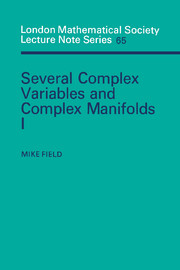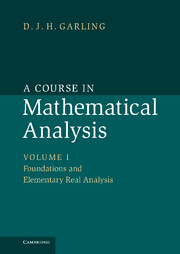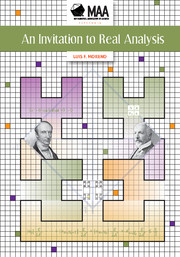Fourier Series
This is a concise introduction to Fourier series covering history, major themes, theorems, examples, and applications. It can be used for self study, or to supplement undergraduate courses on mathematical analysis. Beginning with a brief summary of the rich history of the subject over three centuries, the reader will appreciate how a mathematical theory develops in stages from a practical problem (such as conduction of heat) to an abstract theory dealing with concepts such as sets, functions, infinity, and convergence. The abstract theory then provides unforeseen applications in diverse areas. Exercises of varying difficulty are included throughout to test understanding. A broad range of applications are also covered, and directions for further reading and research are provided, along with a chapter that provides material at a more advanced level suitable for graduate students.
- This is a concise introduction to Fourier Series: it can be used to learn this subject, but also to supplement undergraduate courses on mathematical analysis
- Exercises of varying levels of difficulty are scattered throughout the book: these will help readers test their understanding of the material
- A broad range of applications are also covered, and directions for further reading and research are provided
Product details
March 2005Hardback
9780883857403
130 pages
262 × 184 × 17 mm
0.4kg
20 b/w illus. 55 exercises
This item is not supplied by Cambridge University Press in your region. Please contact Mathematical Association of America for availability.
Table of Contents
- 1. Heat conduction and Fourier series
- 2. Convergence of Fourier series
- 3. Odds and ends
- 4. Convergence in L2 and L1
- 5. Some applications
- A note on normalisation
- A brief bibliography
- Index.





